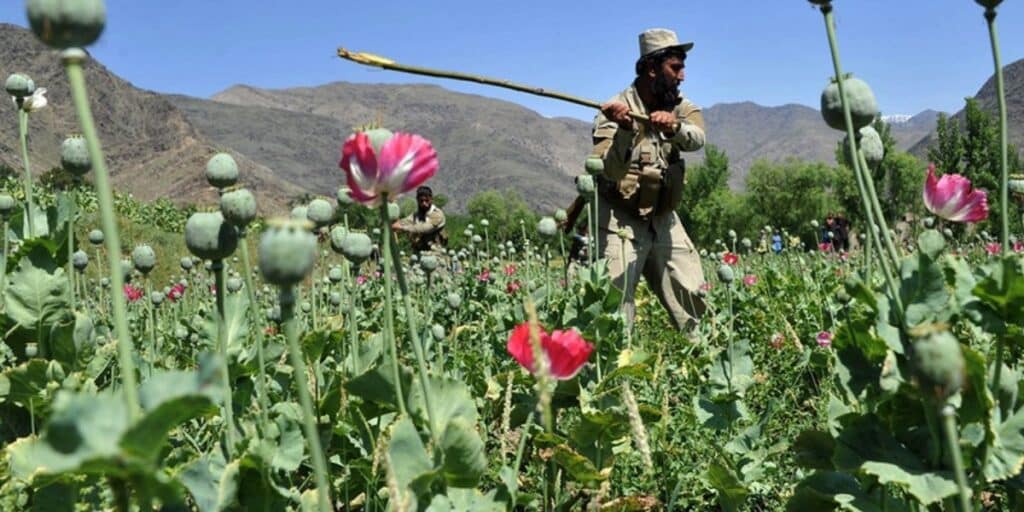QUETTA: Balochistan has launched one of its largest anti-drug drives in recent years, eliminating 570 acres of narcotics crops in a coordinated crackdown.
The operation, led jointly by the Provincial Home Department and the Anti-Narcotics Force (ANF), aims to curb the growing threat of drug cultivation along the province’s rugged borderlands.
Officials reported that in just the past 24 hours, an additional 111 acres of illegal plantations were destroyed, bringing the total acreage cleared to well over half a thousand.
So far, 19 criminal cases have been registered against individuals involved in the cultivation, while authorities pledged to intensify the campaign using modern machinery and surveillance technology to ensure no regrowth of these crops.
This sweeping action is part of a broader, decade-long struggle to eradicate narcotics production in Balochistan.
Over the last ten years, the province has repeatedly faced a surge in opium poppy and cannabis farming, driven in part by its porous border with Afghanistan and the high profitability of the trade.
Balochistan News Update
Law enforcement agencies—including the ANF, Frontier Corps, Levies, and district administrations—have routinely carried out large-scale eradication campaigns.
in new Balochistan news updates, Thousands of acres of poppy have been destroyed since 2015, while hundreds of drug dens and processing sites have been dismantled.
Authorities have also intensified legal measures by confiscating land, freezing bank accounts, and cancelling identification documents of those involved in the illicit trade.
The challenge has grown sharper since Afghanistan’s Taliban government imposed a poppy ban in 2022, which pushed many Afghan growers and traffickers to seek new cultivation areas inside Pakistan.
Districts such as Killa Abdullah, Duki, and Pishin have witnessed increased activity, aided by modern irrigation systems like solar-powered wells.
Pakistani officials warn that without continuous action, Balochistan could become a key hub for regional narcotics production.
To counter this threat, the current operation represents a renewed commitment to a zero-tolerance policy.
Security forces are combining ground patrols with aerial monitoring, and provincial leaders are exploring programs to provide alternative livelihoods for farmers who might otherwise turn to poppy cultivation.
ALSO READ : A haven used for drugs ruined in Qila Saifullah
With sustained enforcement and development initiatives, authorities aim to protect Balochistan from the social and economic harms of the drug trade and prevent the province from becoming a refuge for traffickers displaced from Afghanistan.





